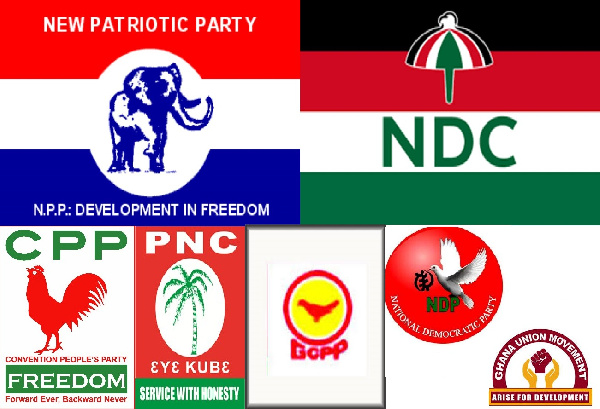- by arkoh
- January 8, 2024
Click the link below to join Our WhatsApp group for daily brief on current trends in the country.
Join Here!
Loading

In the lead-up to every election in Ghana, political parties meticulously craft manifestoes- documents outlining their policies and vision for governance – to present to the electorate.
These manifestoes are pivotal in shaping voter decisions and highlighting the issues that parties aim to address if entrusted with power.
The Electoral Commission of Ghana serves as the overseeing body responsible for conducting elections, setting the stage for voter registration, campaign periods, and the overall electoral process.
Within this framework, political parties embark on candidate selection and campaign strategies, all integral parts of Ghana’s electoral cycle.
Professor Kobby Mensah, a political marketing expert speaking to RGGNEWS, emphasises the crucial role of manifestoes in electoral politics.
He explains that the process of creating a manifesto is no small feat; it requires extensive consultations with the public to identify their concerns and engagement with experts to formulate comprehensive policies.
“A manifesto is ineffective if it does not address the real issues faced by the people,” Prof. Mensah asserts, highlighting the importance of capturing the electorate’s challenges and aspirations in these documents.
Manifestoes typically form a key component of a party’s campaign launch, often unveiled approximately three months before election day.
This timing is strategic; bringing out a manifesto earlier could expose it to opposition criticism and risks overlooking crucial public input.
Prof. Mensah notes that while there’s no official regulation dictating the exact timing of manifesto releases, the norm in Ghanaian politics has been to unveil them three months before elections.
This timeline strikes a balance, allowing parties to refine their policies based on public feedback without leaving it too late to engage voters effectively.
In essence, manifestoes serve as competitive tools in electoral campaigns, providing voters with a clear understanding of each party’s platform and enabling informed decision-making.
While timing is critical, ensuring that manifestoes genuinely reflect the concerns of the electorate remains paramount in shaping the democratic process in Ghana.

Click the link below to join Our WhatsApp group for daily brief on current trends in the country.
Join Here!
0 Comments: